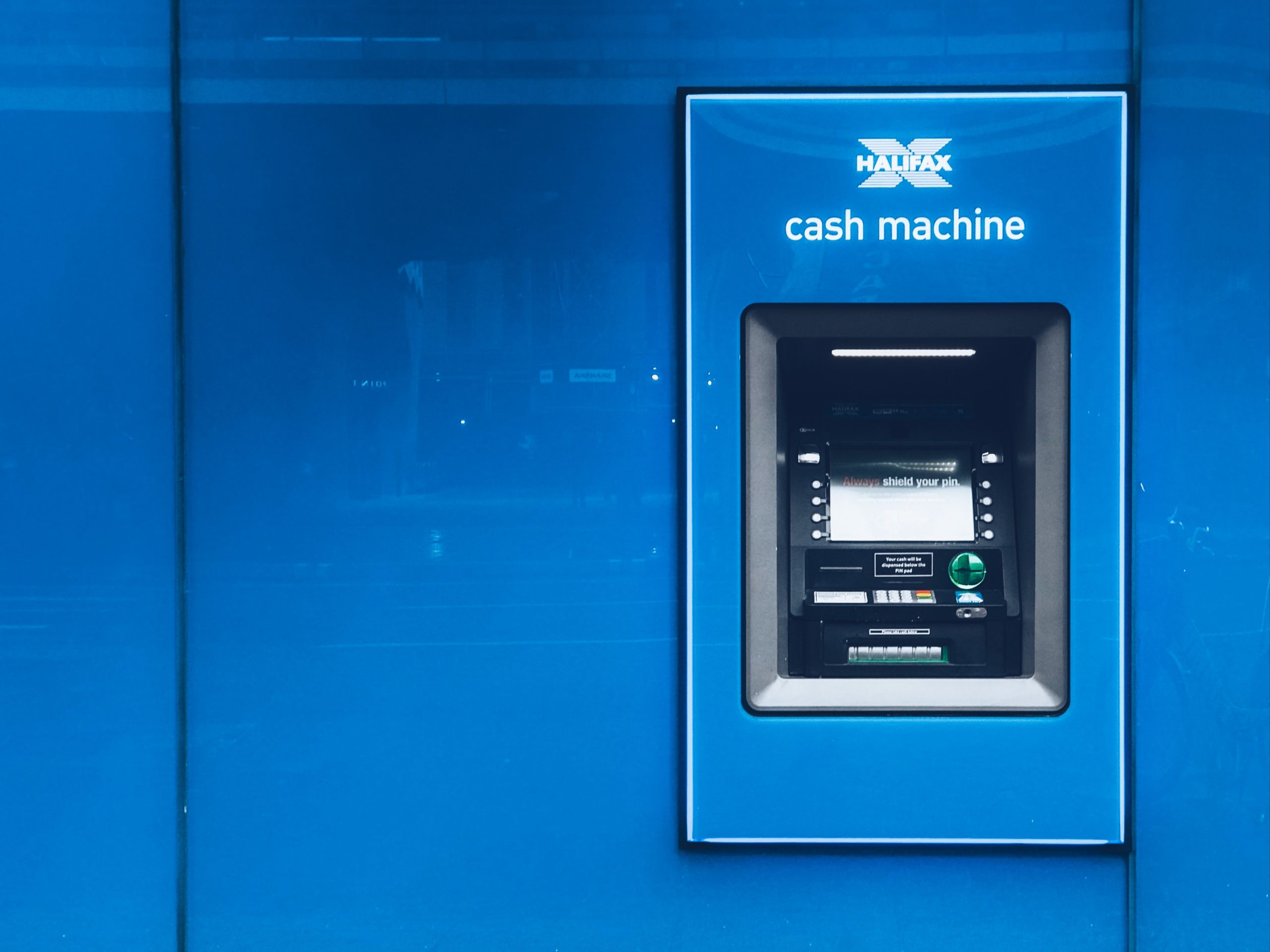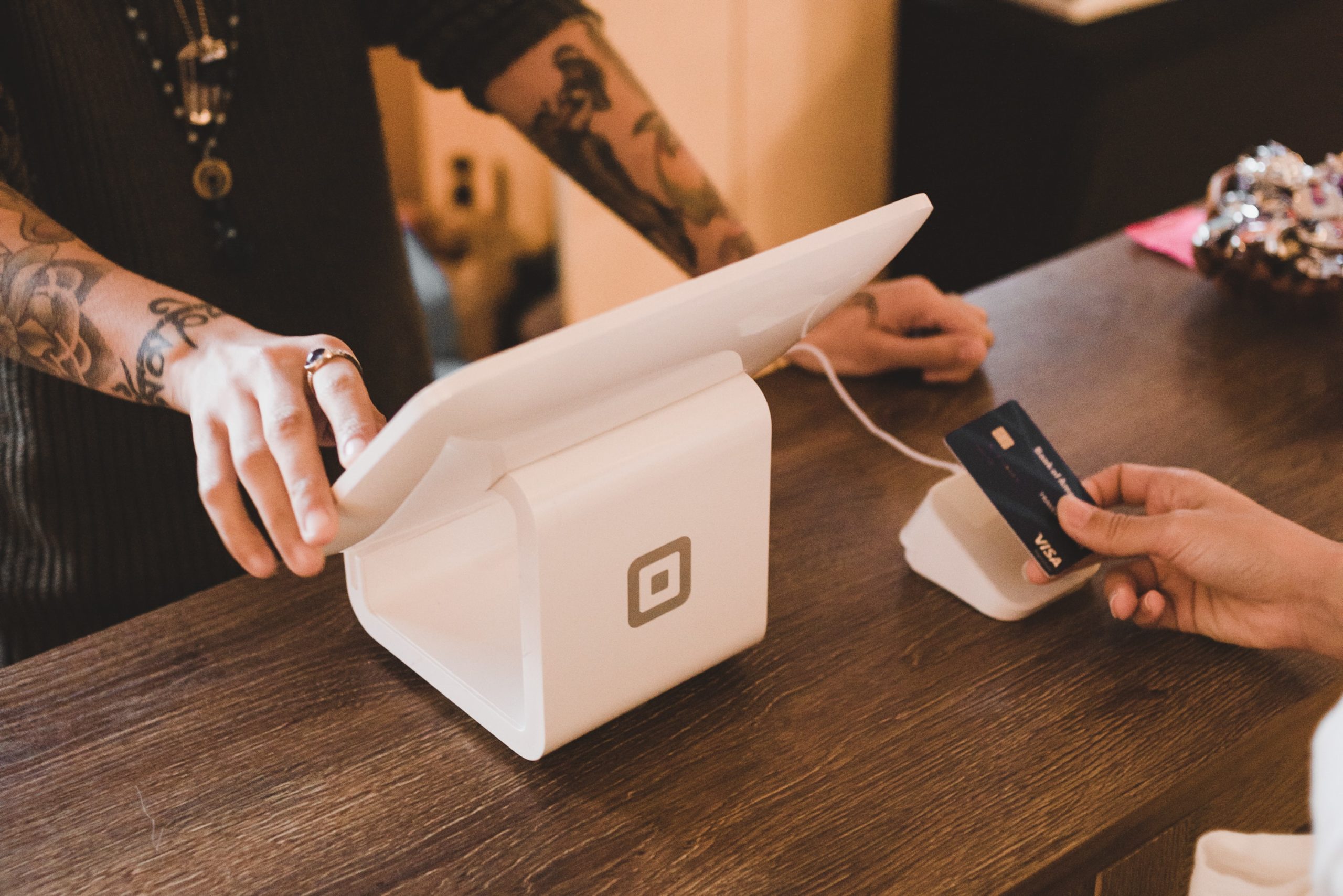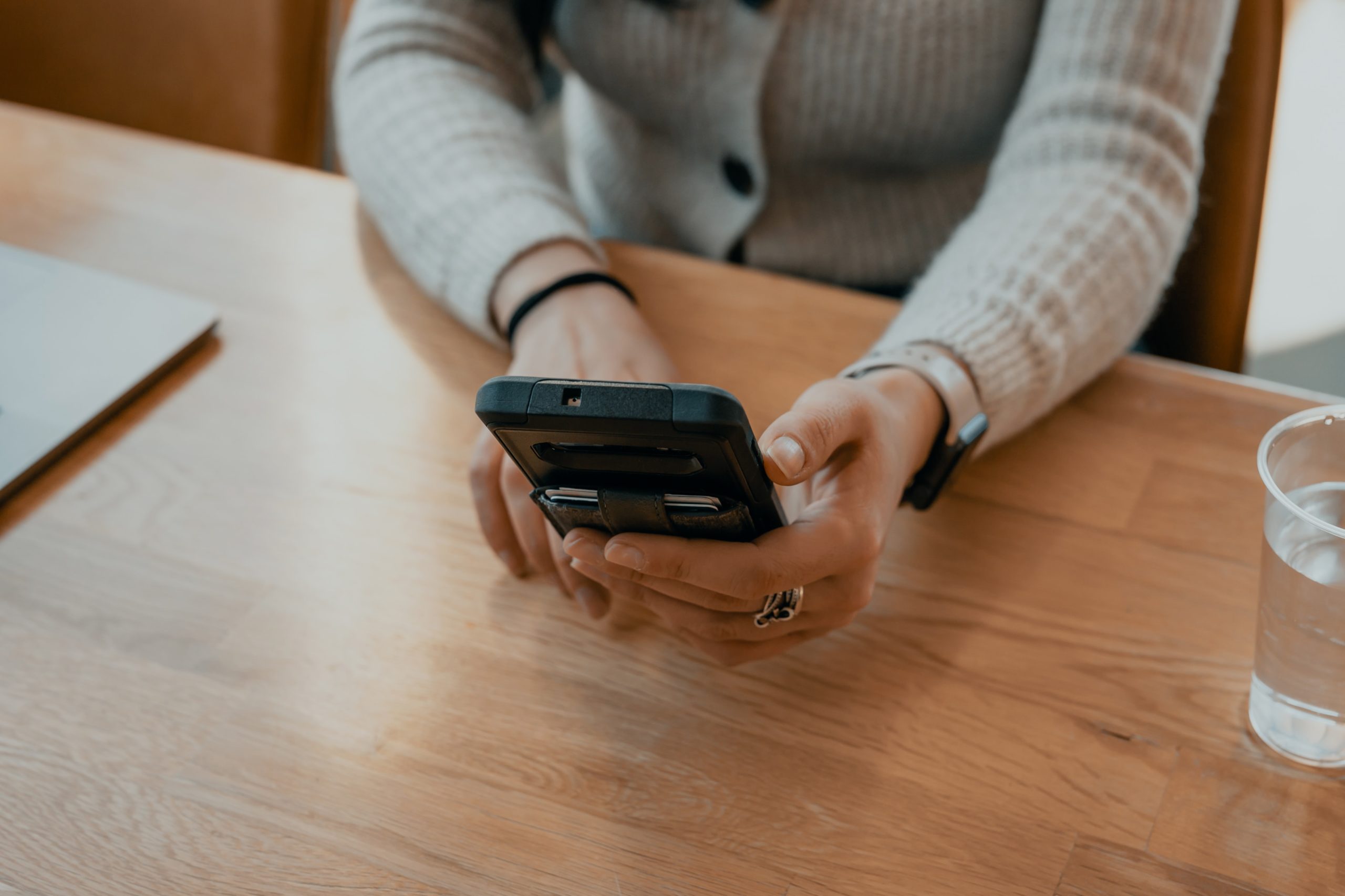Key learnings
- Learn more about the existing initiatives for survivor bank account opening.
- Explore the advantages of a holistic approach to vulnerabilities and inclusion.
- Read our recommendations on collaborating with survivor support organisations.
- Understand some of the most important considerations when it comes to creating a survivor bank account programme.
The importance of a bank account
Limited access to safe and legitimate financial services has been identified as a key driver of modern slavery and can also increase the risk of re-exploitation for survivors. On the other hand, financial inclusion is widely recognised as a driver for inclusive growth and enables survivors to protect themselves against financial manipulation.
Opening a bank account enables survivors to move on with their lives and benefit from the ability to:
- Receive money: Salaries, benefits, grants, educational funding and compensation.
- Start employment: Without a bank account, survivors cannot receive a formal salary.
- Pay bills: Register for a phone contract, internet access and other household bills.
- Save for the future: To start work, save for their children, buy a car and other long-term goals.
Ultimately, financial inclusion and access to basic financial services enable survivors to flourish, benefitting their mental health and wellbeing with feelings of hopefulness, security and belonging.
“The less the stress, the less thinking about things that are concerned with financing, the less I have mental issues… having that account is going to take away some of the things [that I worry about] … it won’t be part of the problems that you’re facing or you’re trying to solve…”
Paul, Survivor Consultant
Meeting survivor needs
An effective survivor banking programme needs to respond to the critical needs of survivors. The following survivor needs were identified within ground research conducted by the FAST Survivor Inclusion Initiative.
Survivor Basic Banking Needs
To help break down existing barriers which prevent access to basic financial services, the following needs reflect the protections and exceptions that are required by survivors.
- Non-documentary identification
- Waive credit check
- No minimum balance required
- No monthly fees on accounts
- Waive fees/ penalties
Trauma-Informed Service Needs
To support survivors and ensure that they are protected and understood whilst working with the bank, survivor support organisations highlighted the following trauma-informed needs as being crucial for survivors within a survivor banking programme.
- Trained personnel
- Single point of contact for survivor accounts (more than one is preferable)
- Support with account management
- Accounts flagged as ‘vulnerable’ or customer ‘with specific needs’ for life
Find out more about how to meet survivor needs in the following chapter, improving survivor accessibility.
Creating a survivor bank account programme: Lessons from HSBC
In 2019, HSBC U.K. launched the Survivor Bank Service, providing survivors of modern slavery and human trafficking access to basic banking services, including the opening of a bank account. To date, 145 “Champion Branches” across the U.K. are supporting survivors to open an account and more than 1,500 survivor accounts have been opened. This has been invaluable in helping survivors to rebuild their lives and avoid the risk of re-exploitation, as well as reassuring partnering charities that the survivors they refer will be supported.
The key objectives of the HSBC U.K. Survivor Bank Service are:
- To enable survivors to access the financial system, a vital step in their rehabilitation.
- To allow survivors to gain a level of independence during an extremely difficult time in their lives.
- To protect survivors from returning to their previous life, by helping with reintegration into society.
- To improve the survivor’s experience and make decisions in the best interest of the survivor.
Key steps to pilot a survivor banking programme
Below are some of the key steps outlined by HSBC U.K. as they sought approval to pilot the Survivor Bank Service. This can be used as guidance, to encourage other financial institutions to pilot their own survivor banking programmes.
1. Collaborating with a survivor support organisation
For HSBC U.K., collaborating with the Salvation Army was the first step of their initiative. This helped to understand the barriers survivors were facing and to be open about the challenges that HSBC U.K. may face along the way.
HSBC U.K. is working in partnership with frontline charities including The Salvation Army, Kalayaan and Migrant Help, among others, to provide Basic Bank Accounts for survivors.
HSBC U.K. works closely with partner charities operating within the National Referral Mechanism (NRM) victim care contact. However, they are also developing channels to support survivors operating outside of the NRM by making use of the “No Fixed Address” service. This ensures that no survivor is barred from support.
2. Stakeholder engagement
Gaining approval for the survivor banking programme involved multiple stakeholder involvement and senior stakeholder endorsement. Approvals were needed to make relevant amendments to financial crime policy and enhanced customer safeguarding was introduced.
A key element in gaining approval involved sharing survivor stories and changing the perceptions of key stakeholders, to understand the scale and impact of the barriers.
3. Small and controlled pilot
The HSBC U.K. Survivor Bank pilot was initially test run in two branches. This allowed HSBC U.K. to identify exactly how the programme would run and how to train branch staff effectively. Within the initial pilot, branch members were individually trained and selected based on their personable and empathetic skills.
Find out more about trauma-informed work and training “Survivor Banking Champions” in our module, Employee training and protecting vulnerable customers.
4. Trust and transparency
Holding regular sessions to update key stakeholders and partnering charities on how the programme is running and to provide feedback, can help to overcome issues or challenges which may be occurring. During their 3 month pilot, HSBC U.K. held regular meetings with the Salvation Army.
“The Salvation Army provided our risk and governance forums with a level of comfort because they knew that they were working with survivors who were in the National Referral Mechanism… and they were also receiving that ongoing support from the Salvation Army.”
Vanessa Whale, Financial Inclusion and Vulnerability Manager, HSBC
A holistic approach to customer vulnerability and survivor banking
To provide a holistic approach to survivor financial empowerment, it is important to recognise that:
- Anyone can become a victim of human trafficking and modern slavery. Therefore, it is important to support vulnerable communities across the board.
- Not all survivors of modern slavery will present themselves in the same way. Consider all cases with professional discretion.
As a result, some retail banks will prefer to support the survivors of modern slavery by increasing the flexibility around access to existing products.
Key considerations:
- Increase the number of documents accepted as alternative proof of ID.
- Enable survivors to use an alternative address (such as a charity office or proxy address).
- Train staff to spot and respond to potential vulnerabilities such as lack of confidence or capability, past circumstances and health.
- Provide guidance and resources for staff dealing with customers that don’t have standard identity documents.
- Signpost a dedicated “survivor account” to make it easier for survivors and survivor support organisations to access relevant information.
Collaborating with survivor support organisations
Survivor support organisations play a pivotal role in facilitating access to financial services for survivors. Support workers are responsible for sharing information about opening an account and navigating the account opening requirements.
Survivor referrals can come from a variety of organisations including charities, non-profit organisations, churches, businesses, social services and legal advocates.
To improve access for survivors, it is essential for survivor support organisations and financial institutions to develop strong relationships to facilitate the transfer of information and streamline the survivor account opening process.
Recommendations for collaborating with survivor support organisations
- Participate in the FAST Survivor Inclusion Initiative and build a clear framework to partner with survivor support organisations and manage survivor referrals.
- Nominate a dedicated point of contact for referrals to ensure that survivors receive a smooth customer journey.
- Provide guidance and resources for survivor support organisations to ensure that everyone is informed of the required process and pathways for survivors who don’t have standard identity documents.
- Not all survivors identify as survivors. A holistic approach to vulnerabilities creates a supportive, productive encounter.
Important considerations
In this section, we summarise some of the most important considerations for creating a survivor bank account programme and promoting financial inclusion. You can learn more in the specific modules under the Advance Financial Empowerment chapter. Where further modules exist, these are highlighted below.
Survivor assessment
The financial mindset of a survivor can be severely impacted by their previous exploitation. This can make it more difficult for an individual to manage their finances and build long-term financial independence.
Working closely with survivor support organisations can help banks to better understand the customers they are onboarding, to satisfy traditional KYC standards. Once established as a partner, banks can ask survivor support organisations to assess the suitability of survivors based on their stage of healing and financial mindset, to ensure that they are ready to open an account. This can help to prevent the misuse of banking products and to better protect survivors from further exploitation.
Find out more about the impact of modern slavery on a survivor’s financial mindset, under section 2 of Financial literacy education.
Staff training on trauma-informed work
Trauma-informed work is essential for financial institutions to promote survivor financial inclusion and support survivors towards long-term independence.
The importance of trauma-informed work applies at every touchpoint between survivors and the bank, from the way that a survivor is treated when they first attempt to open a new account to the delivery of longer-term financial empowerment initiatives.
Recommendations for financial institutions:
- Take time to acknowledge how trauma may affect the emotions and behaviours of survivors (among other vulnerable customers).
- Strive to do no further harm by ensuring that all support is provided in a way that is respectful of the survivor’s need for safety, respect and acceptance. This includes avoiding asking any questions about a survivor’s background or past experience.
All customer-facing employees, regardless of employment, should receive training to understand modern slavery and its long-term effects on survivors. This will help to facilitate survivor financial empowerment by ensuring that the bank is a safe, comfortable and confidential environment for survivors.
Find out more about trauma-informed work within the module ‘Employee training and protecting vulnerable customers.’
Flagging survivor bank accounts
When developing a survivor bank account programme it is important to consider how you will flag these accounts, to protect survivors from harm and provide tailored support.
The advantages of flagging survivor bank accounts are that it facilitates:
- Enabling specific protections for survivors and enhanced monitoring to prevent exploitation.
- Providing tailored guidance and trauma-informed support.
- Recording the number of survivor bank accounts opened.
- Ensuring that survivors are not required to repeat sensitive or traumatic information to explain their situation.
- Adapting follow-up communications to ensure they are appropriate for survivors.
Giving survivors the choice for their account to be flagged has been expressed as a preference by multiple survivors:
“If survivors are identified when they go to their bank to open [an] account, then [they will] be able to offer tailored services to suit them.”
Emma, Survivor Consultant
If suspected exploitation or financial abuse is detected, financial institutions need to provide support and understanding of a survivor’s financial circumstances.
Improving survivor accessibility
Improving accessibility is key for all vulnerable customers and excluded groups, including survivors of modern slavery. Learnings can be taken from a variety of existing initiatives including those which support homeless account holders, customers with learning disabilities or other conditions, such as those with dementia.
Some of the key barriers to consider include:
- Misinformation among survivors.
- Documentation barriers.
- Immigration status.
- Previous account misuse.
- Negative experiences with financial institutions.
- Language barriers and unavailability of interpreters.
- Physical accessibility.
- Data poverty and digital literacy skills.
For further information on recommendations to help improve survivor accessibility head to our next module, Improving Survivor Accessibility.
Tracking outcomes and measuring your impact
From a research, monitoring and reporting point of view, it is helpful for banks to track the number of survivor accounts they are opening. Flagging survivor bank accounts can help to facilitate this. As part of the FAST Survivor Inclusion Initiative, banks are also supported to track the number of referrals made by survivor support organisations in comparison to the number of accounts opened. This helps to monitor and identify any barriers.
Banks can benefit from accurate reporting on survivor bank account opening to feed into their vulnerability, inclusion and modern slavery statements.
“There is a real onus on how many survivor accounts you are opening and that’s something we put in our modern slavery statement.”
Charlotte Davis, Social Sustainability Manager, Lloyds Banking Group
Raising awareness of available products for survivors
Internally, it can be useful for banks to refer to a “survivor bank account”, for monitoring and protection purposes. However, for survivors, it is beneficial to externally remove the “survivor” label from available bank accounts. This can help survivors to move forward with their lives, ensuring that they aren’t limited by a label and can provide confidentiality of an individual’s lived experience.
Where banks are supporting survivors without signposting a dedicated “Survivor Bank Account”, it is important that they are partnering with survivor support organisations to help signpost the products available to survivors and clearly explain what is required to open an account.
“[Survivors] feel like they’ve been included in an institutional universe that was otherwise inaccessible. Many survivors have felt unwelcome by systems such as schools, medical providers, employers and government agencies but, through the Survivor Inclusion Initiative, the financial sector has said ‘come on in’ and accepted them as customers.”
Sarah Byrne, Attorney, Moore & Van Allen
Summary: Important guidance
- Providing all customer-facing staff with trauma-informed training can help provide a safe space for survivors.
- Banks can protect survivors from risk and re-exploitation by flagging survivor accounts for the life of the account and providing specific account protections such as enhanced monitoring and fee waivers.
- Recognise the importance of tracking and monitoring your survivor account openings for reporting and evaluation as this will help to inform the development of survivor inclusion programmes.
- Creating and sharing a clear information pack outlining the products available to survivors, necessary documentation and what to expect when opening an account, can ensure information is accessible for survivors and survivor support organisations.
- If you are offering a holistic bank account for all vulnerable customers, it is important that these are well signposted and easy for survivors to navigate.












